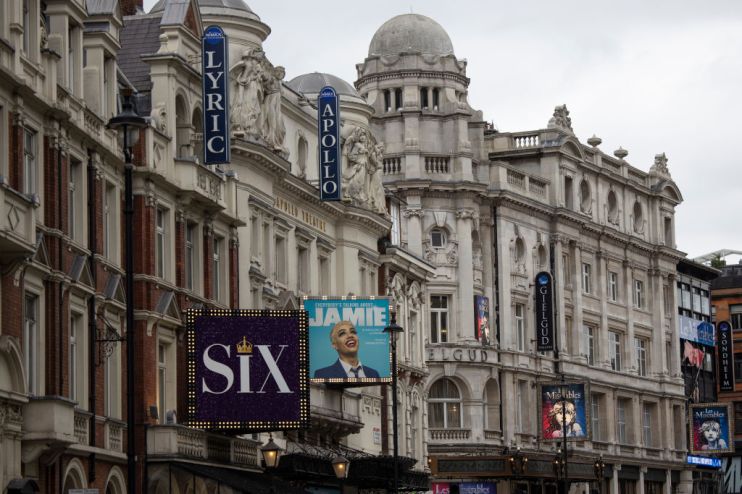West End landlord Shaftesbury reaps rewards of London’s exploding rents

West End landlord Shaftesbury has reaped the rewards of exploding rental growth in London, as its portfolio valuation swells as the new Elizabeth line is unveiled.
The real estate investment trust raked in nearly £19m in rent in the six months to 31 March, as its offices, hospitality and leisure, retail and residential portfolio increases in value by 7.5 per cent on average.
The London-listed firm is currently undergoing a £3.5bn merger with competitor Capital & Counties Properties (Capco), though one key investor has raised concerns over the deal.
Monthly sales have climbed some seven per cent ahead of pre-pandemic levels in the past six months.
While the landlord was seeing healthy levels of footfall, Shaftesbury bosses estimated the West End would not return to 2019 levels until 2024.
The long awaited Elizabeth line is expected to continue to boost footfall levels, which have recovered considerably since the pandemic, as international tourists make their way back to London.
The new line would be “very valuable” for the West End in the long term, as it provides commuters with a more comfortable way of travelling through London, Brian Bickell, chief executive, told CityA.M. “It’s not like being crammed into the Central line,” he added.
Around 80-90 per cent of Shaftesbury’s portfolio is under a five minute walk of the Tottenham Court Rd and Bond St Elizabeth line stations.
However, the Crossrail project was unlikely to be an “overnight sensation” until the whole service was up and running, anticipated in the spring next year.
While the economic situation presented a “plethora of problems” with supply chain disruption and inflation exacerbated by war in Ukraine, Bickell suggested the West End was uniquely protected from the impact of historic inflation.
“The way the West End is, and you just can’t get away from it, it has always attracted a more affluent customer base. If you’re an international tourist you generally have the money to fly around the world,” he said.
The area had a “unique economy” that “gives it a resilience” to navigate the macroeconomic challenges on the horizon, he said.
Domestic visitors were “back with a vengeance” with many Brits having “rediscovered the West End” as opposed to being in the habit of jetting away further afield before the pandemic,” Bickell told CityA.M.
Buoyed by more flexible working patterns, workers who would have traipsed to the capital five days a week before the pandemic are now enjoying coming into central London with family and friends at the weekends, Bickell said. “It’s literally being a tourist in your own city.”
The group was “happy where we are,” Bickell added. “Looking back 12 months ago, we are in a much better place than we imagined we could be,” he said.
“The improving outlook for international leisure and business travel, the revival in confidence and growth we are now seeing is already providing a firm foundation for the return to long-term prosperity for the West End and our exceptional portfolio,” Bickell said in a statement.